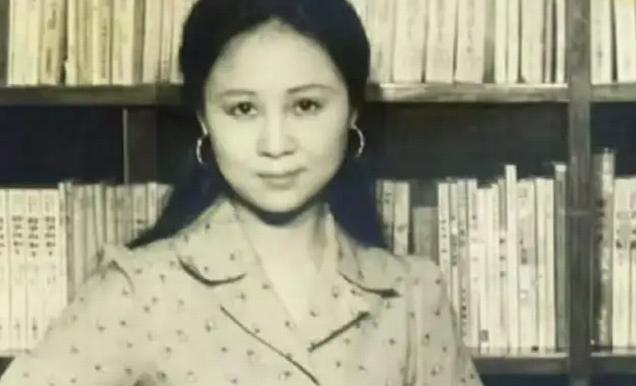The Last Dance of a Literary Butterfly: A Writer's Extraordinary Life and Death
A celebrated Chinese romance novelist who lived life on her own terms, from her literary beginnings to her controversial love affairs and final dramatic exit, leaving behind a complex legacy of passion, art and unapologetic individualism.

Born into a scholarly family in China, she grew up immersed in classical literature and poetry. Her father was a university professor specializing in Chinese history, while her mother was a connoisseur of classical poetry. Their own romance - a teacher-student relationship characteristic of Republican-era China - perhaps foreshadowed her future fascination with unconventional love stories.
Her early years revealed both talent and turbulence. Though unremarkable in appearance, she possessed extraordinary literary gifts, publishing her first story in Ta Kung Pao newspaper at age nine. However, she struggled academically except in Chinese literature and attempted suicide twice in her teens, feeling unloved and misunderstood.
Her first significant relationship was with her literature teacher - a controversial affair that ended in scandal when her mother reported him to authorities. This experience profoundly shaped her views on love and became transmuted into her future romantic novels, where she consistently portrayed passionate affairs that defied social conventions.
After a failed first marriage to a struggling writer, she found commercial success writing romance novels that captivated readers across Taiwan. Her works featured intense, idealistic love stories that often involved extramarital affairs and sacrificial passion. While critics condemned their moral implications, readers were mesmerized by their emotional depth and rejection of traditional constraints.
Her personal life took a dramatic turn when she began a long affair with Ping Xintao, her married publisher. Their relationship lasted years before he divorced his wife to marry her. Together they built a media empire, though some viewed their partnership as both artistically and financially opportunistic.
She continued writing prolifically into her later years, producing numerous novels and TV scripts. Even after her husband’s decline from dementia, she maintained her characteristic flair for drama and self-determination. Finally, at age 79, she chose to end her life just as she had lived it - on her own terms, leaving behind a farewell letter calling for celebration rather than mourning.
Her works profoundly influenced a generation of Chinese readers, challenging conventional morality while celebrating the power of passion and individual choice. Though controversial, she remained unapologetic about both her art and her life choices until the end. As she wrote in her final message: “I refuse to wither slowly. I choose to be the author of my final chapter.”
The apparent paradox of her life - writing endlessly about love while being fundamentally self-focused - perhaps reveals a deeper truth: her greatest romance was with life itself, with its intensity, beauty and drama. She lived and died as she wrote - boldly, theatrically, and entirely on her own terms.